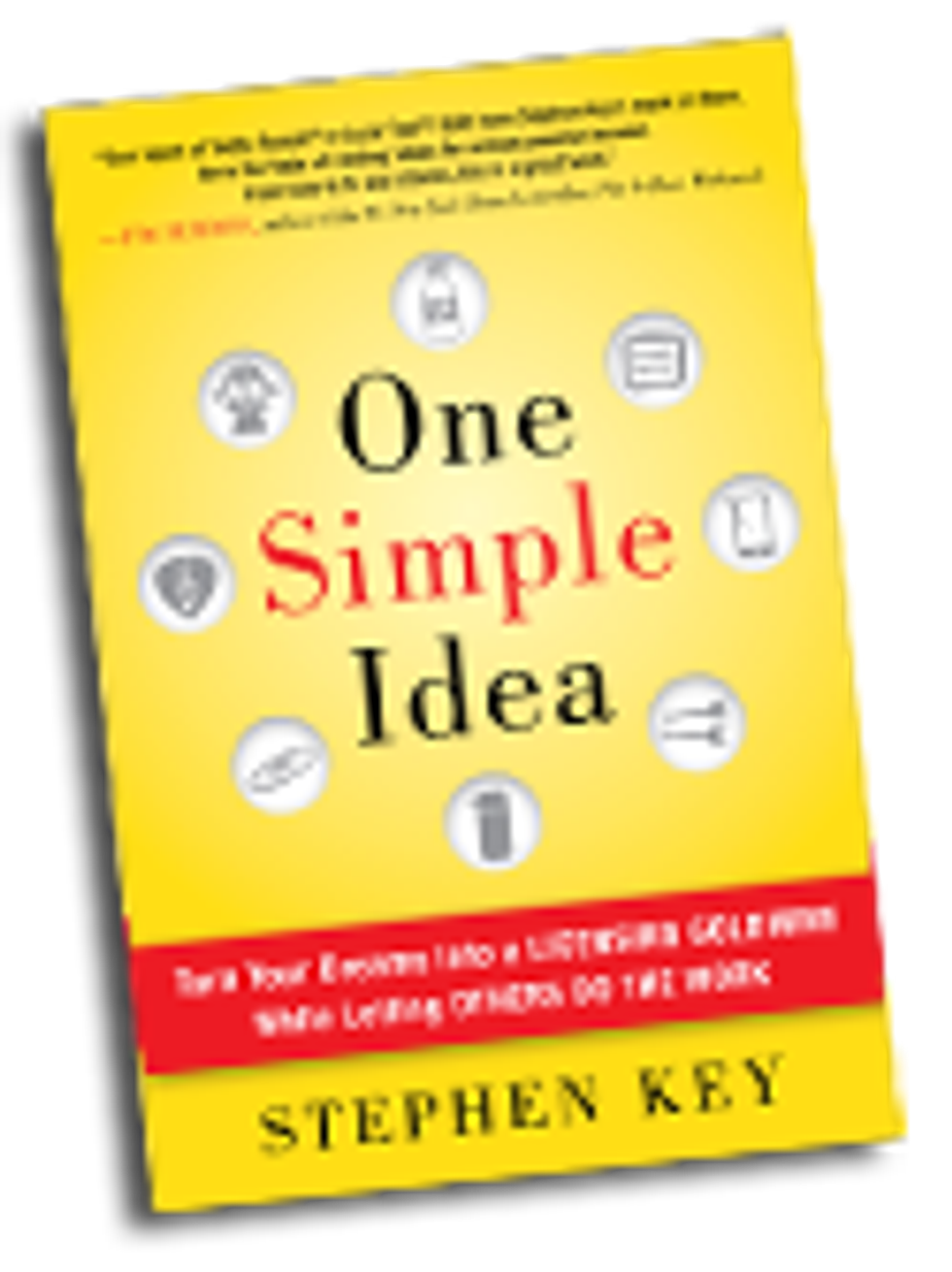Contracts, Contracts, Contracts
My students often ask me to show them what a licensing agreement looks like. How would you go about drafting a contract with a potential licensee without having ever seen one? This is a great question. Reading different licensing agreements is a great way to familiarize yourself with the legal language used in licensing agreements, like minimum guarantees and royalty rates. It took me a while to get a good grasp of this new language, so give yourself time to study up. I had previously put several examples of licensing agreements up on StephenKey.com but had to remove them because people were taking them and Frankensteining them together to create their own agreement, so I had to remove them.
However, I want to clear up a common misconception. All licensing agreements are different. There is no standard or typical agreement — each should be tailored to the specific needs and interests of the two parties who are creating a contract. The contracts that were available online should have only been used as examples and guides. You should never download a contract and use it as your own. And furthermore, I can’t stress how important it is that you truly understand what’s being said in your own agreement. Don’t “kind of” understand what’s going on or “get most of it.” You should be fully aware and in control of all of the business decisions that are being made about your product idea. Don’t rely on other people, like your attorney or spouce, to do the work for you. Reading up on prior agreements is one great way to get more comfortable with the process. Never hesitate to have someone explain to you (as many times as needed!) what is going on and what you’re agreeing to.
And of course, never sign an agreement without having consulted with an attorney first.
 Stephen
StephenKey is a successful award-winning inventor who has licensed over 20
products in the past 30 years. He is a board member of Accudial
Pharmaceuticals, Inc. and has a new book "One Simple Idea: Turn your
dreams into a licensing goldmine while letting others do the work," from
McGraw-Hill. Along with business partner Andrew Krauss, Stephen runs
inventRight, a company dedicated to education. Teaching inventors and
entrepreneurs the skills needed to successfully license their ideas. You
can listen to the weekly radio show on inventing.
One
Simple Idea is available in book stores and online book retailers
nationwide. When you buy the book you get access to our our database of
over 1400 companies looking for ideas as well as other bonus materials.
Visit www.inventright.com to learn more.



